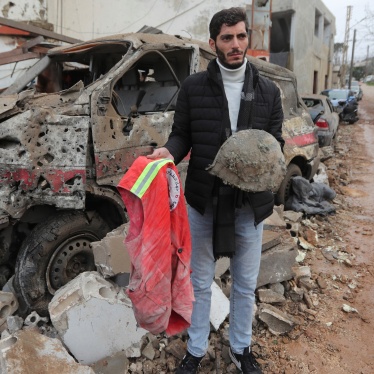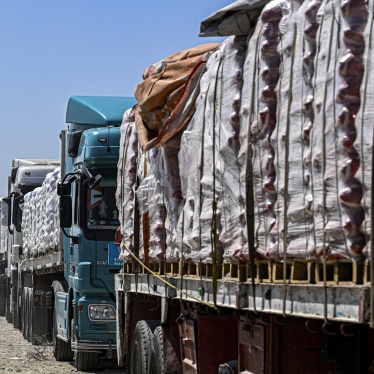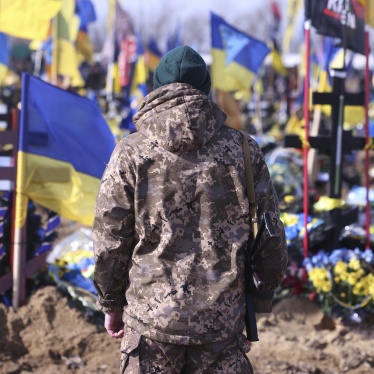The last major phase in Guinea’s landmark domestic trial about the brutal massacre of peaceful demonstrators in 2009 concluded on April 23. That last phase, known as the “confrontations,” began on April 15 as judges and all parties posed questions to some of the accused – including Guinea’s former president – as well as victims and witnesses, with a view to reconciling inconsistencies in earlier statements.
The trial involves one of the most brutal events in Guinea’s history. On September 28, 2009, Guinean security forces opened fire on peaceful demonstrators in a stadium during a pro-democracy rally, leaving more than 150 dead. Security forces raped and gang raped more than 100 women, then attempted to cover up their crimes.
Before the confrontations phase, the trial experienced a number of delays following the prosecution’s March 4 request asking judges to reclassify the charges from ordinary crimes to crimes against humanity. Civil parties, which are victims with a standing in the case, supported the request.
Judges heard from all parties on the issue of reclassification during three days of hearings.
Defense counsel argued reclassification would lead to a retroactive application of law, since crimes against humanity were incorporated into Guinea’s law after the acts in question were alleged to have been committed. However, the prosecution and civil parties pointed to Guinea’s ratification in 2003 of the International Criminal Court statute, arguing that, because of ratification, crimes against humanity were part of Guinea’s domestic legal obligations at the time.
On March 20, the judges decided they would rule on the request when they reach a verdict, leaving the question open as the trial moves toward a conclusion. While defense counsel appealed this decision, seeking to have the reclassification issue decided earlier, according to media reports the appeal was dismissed. This paved the way for the trial to resume.
The prosecution, again supported by victims, also sought a “judicial transfer” – a physical visit by the court to alleged locations of mass graves, where scores of bodies connected to the stadium massacre are claimed to have been buried. The judges rejected the request, without providing an explanation.
Closing submissions are set to begin on May 13, after which the judges will proceed to deliberate on a verdict.







